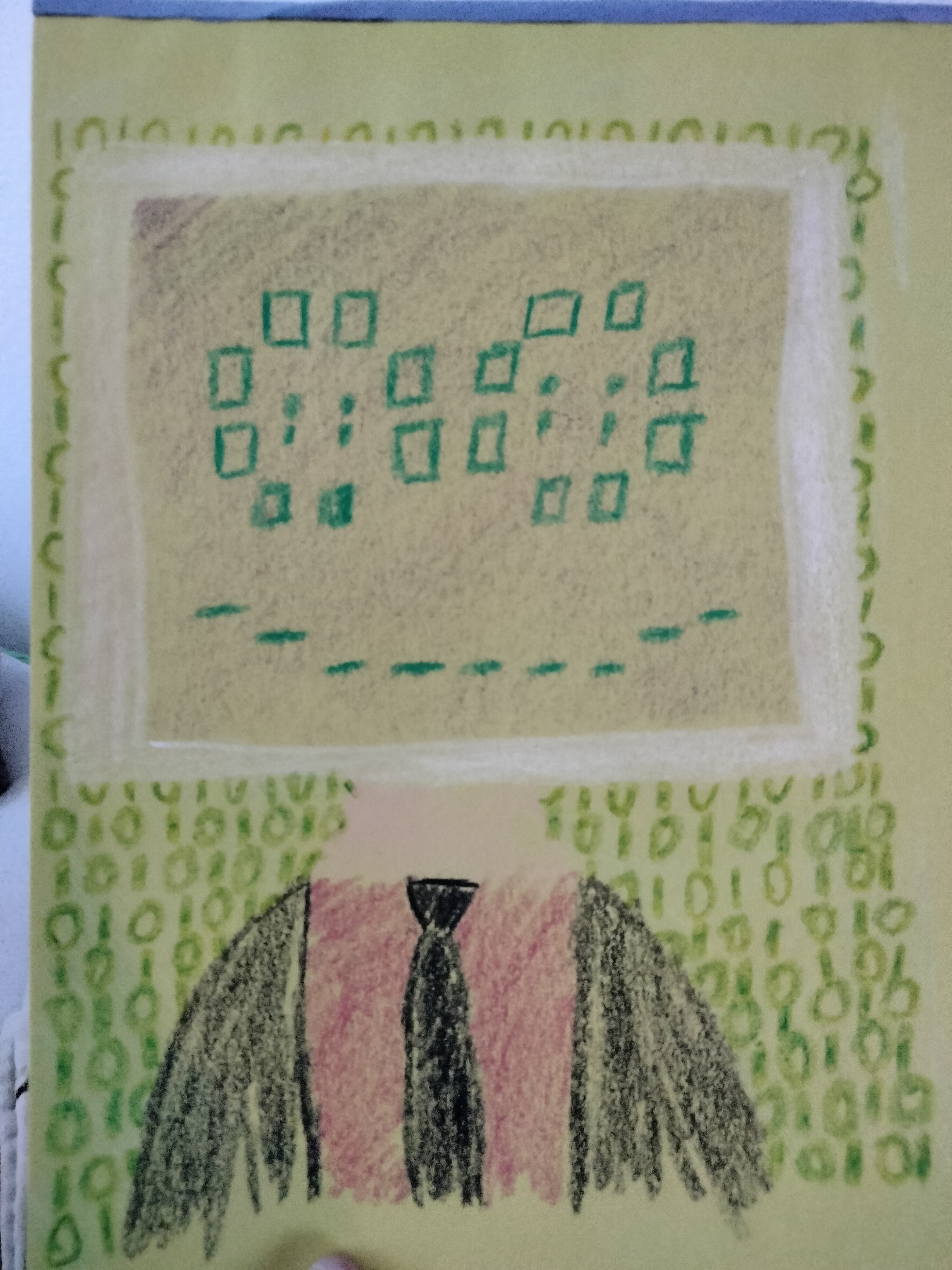Audacity was the first one I thought of.
Or MultiMC, PolyMC, the Sodium mod, or the original Minecraft Forge.
(Minecraft community devs need to stop having drama lmao)
I love how well the PolyMC -> PrismLauncher transition went. It’s great that the asshole owning it didn’t just spew transphobic hate, but also removed the contribution rights to all other people, leading them to immediately flock to an alternative.
Wait, what happened to Audacity?
I believe they were bought by someone and eventually implemented some questionable practices. I don’t remember the exact details, maybe someone else does.
I remember reading an update which said that the company went back on most (or all?) the negative changes and it’s ok to use again.
I didn’t confirm it myself, but that’s part of why the alternatives aren’t seeing as much development now
GNOME spawning 3 new DEs every time they have a major version update
look under the hood
They’re Gnome with extensions and a theme
boop
Gitea, took control away from community and gave it to a for profit organization. Forgejo was born
It has been on my list to figure out how to move to forgejo, need to do it soon before the migration process breaks or gets awful.
If you’re using docker: change your image name from gitea to forgejo. Repull. Done. Baremetal should be just as simple. Migrations are as easy as leaving all the data in-place and changing the binary at this moment in time.
OpenOffice was a really solid Microsoft Office rival, and FOSS to boot. Made by Sun Microsystems, of course, and then ruined by Oracle (of course).
Thankfully LibreOffice was forked from it and is still going strong as a very capable suite of document tools. And OpenOffice is basically dead, womp womp.
deleted by creator
Lately? Firefox…
It’s Mozilla that’s slowly enshittifying, Firefox itself is theoretically insulated from the worst decisions they could make, but those safeguards are going to be put to the test real soon I bet.
Well to that end chromium is still around and I’m sure there’s deshittified builds of that floating around too but it is going to quickly become harder to find not shitty browsers the way things are going over at Mozilla.
The big problem is the browser engine at the heart of all browsers, all the FF or Chromium forks very rarely modify the core. When they do, it’s minor stuff. That’s why AFAIK not a single chromium fork is maintaining manifest v2 in defiance of Google.
If Mozilla goes full tilt enshittification, all the FF forks will suffer a similar fate, they’ll make changes all over, custom interface, cool little features here and there etc; but they’ll never make major changes to the core and that’s assuming they keep the core open source. If they take the core closed source and the forks can no longer get upstream updates for it they’ll wither and die
A browser engine is kinda like the Linux kernel, it’s large, complex and takes a lot of time and effort to make and keep it usable. I’ve seen estimates that if we needed to start from scratch on the Linux kernel it’d take 2-4 years just to get something decently usable.
Browser engines are similar, Ladybird for example, is a new open source browser AND engine from scratch that’s been in development for about 2 years, they’re estimating to have something “generally usable” in 2026
Simple Mobile Tools -> Fossify Tools
Whoa, I didn’t know about this! My trustworthy beloved orange apps were sold to ZipoApps, a company that flips apps into ad revenue.
But has anything changed for the worse yet? I don’t see any odd commits in the history (e.g. Draw). I’ll probably just lock the F-Droid version of the Simple gear I can’t switch.
I haven’t looked at the commits, I just switched the simple apps to the fossify versions. I thought they had switched all the apps over.
DuckStation recently changed to a source-available license that prohibits distributing modified versions of the software and prohibits commercial use. Before, it was GPLv3.
Also OpenOffice, Emby, Audacity, Android (AOSP) (soft forked to LineageOS and GrapheneOS, but no hard fork)
What’s the difference between a soft fork and a hard fork, besides being careful with your teeth?
Soft forks try to maintain code compatible so changes can apply to both code bases. Normally done when there’s hope of a future merging of the code lines. They rarely work, as eventually thing get hard.









